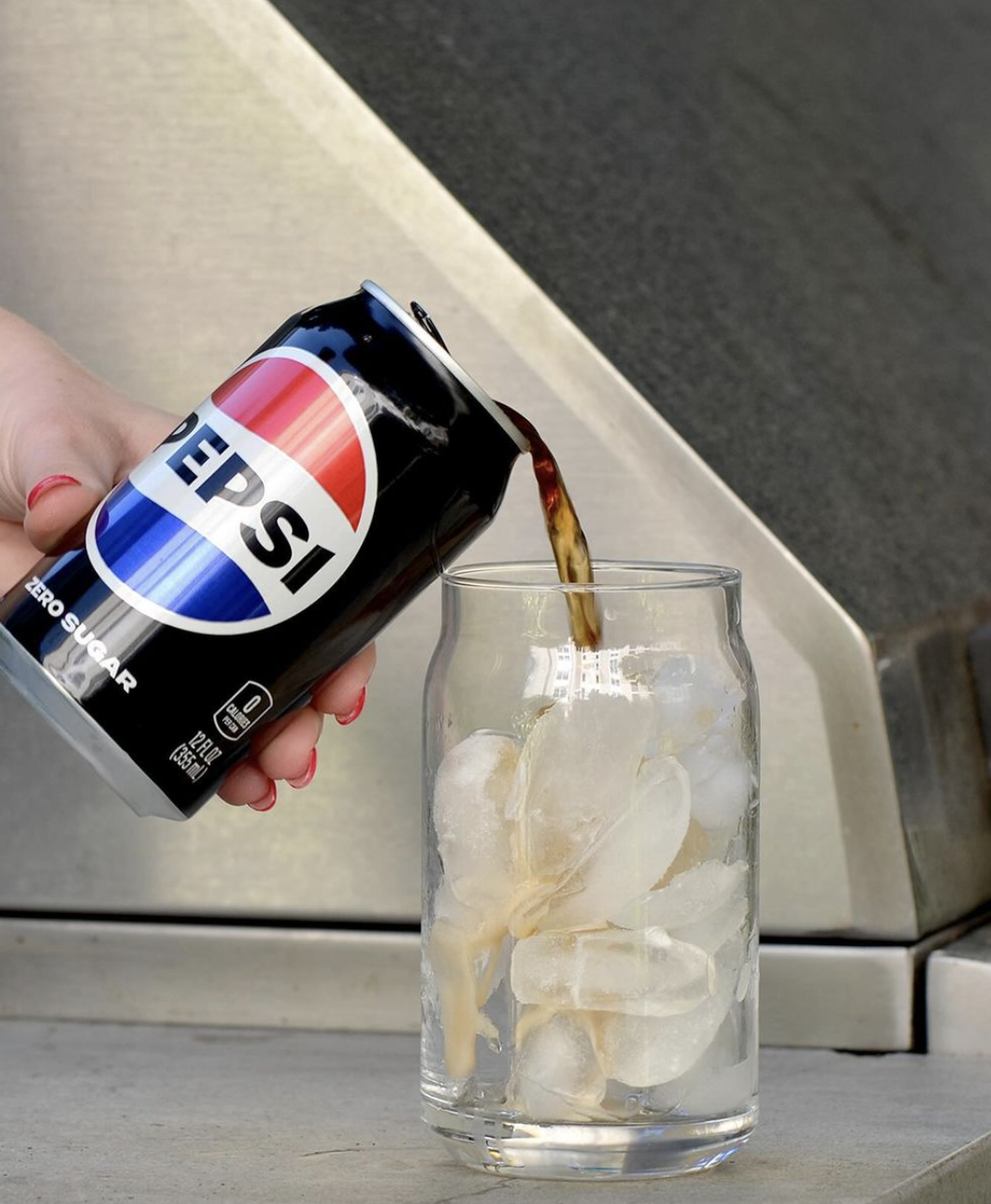People have been left shocked after discovering the original name of Pepsi – and it’s left fans reeling.
The popular drink is one of the most recognizable brands in the world – and is the second most valuable soft drink in the world after Coca-Cola, as per Food Digital.
It was first introduced in the US in 1893, under a bizarre name, and became known as Pepsi in 1898.
However, despite being one of the most popular drinks around, not many people know what this original name was.

Created in 1893 by inventor and pharmacist Caleb Davis Bradham, the drink was developed in response to the success of Coca-Cola.
Bradham had been operating a soda fountain in his North Carolina drug store, serving drinks he created himself.
Pepsi was specifically created to promote digestion, and its first slogan in 1903 was: ‘Exhilarating, Invigorating, Aids Digestion’.
Bradham dropped the Cola from the name in 1961 so that the drink could reflect the health benefits of the beverage.
While the name makes total sense once you understand the history, many Pepsi fans have been left speechless after hearing the drink’s original name, and have rushed to social media to react.
One person writes: “I was today years old when I learned that.”
A second person comments: “I had no idea!”
“Reeling from this news,” adds a third.

But before we explain the drink’s first iteration, you may be wondering where the name Pepsi comes from?
Well according to the LA Times, the name derives from dyspepsia (also known as indigestion) which the beverage was supposed to help ease.
Dyspepsia is when you suffer from acid reflux from your stomach. It can also involve inflammation of the gullet, a stomach ulcer, or even stomach cancer, as per NHS.
Symptoms include heartburn, feeling sick, and feeling full and bloated.
Another popular theory was that Bradham changed the name to Pepsi-Cola because it’s an anagram for Episcopal.
Episcopal is not an ingredient, but it is the denomination of a large church across the street from Bradham’s store.
However, PepsiCo denied the association as a coincidental anagram, as per Daily Mail.

Obviously, the comparisons between Pepsi and Coca-Cola are prominent, but the 100-year-old brand has made sure to differentiate itself from its competitors.
In keeping with being conscious of their sugar usage, PepsiCo’s classic drinks now have 57% less sugar in them (4.55g per 100ml).
Regarding this difference, Pepsi said on its website: “We have worked hard to make sure our new classic Pepsi maintains the great taste that people expect while removing sugar and calories.
“In addition to a lower amount of sugar, the reformulated Pepsi is sweetened with a blend of acesulfame potassium (Ace K) and sucralose, with 56% fewer calories from added sugars.”
And as for the first name of Pepsi?
The original name of the drink was ‘Brad’s Drink’, after the creator, Caleb Davis Bradham.
He changed the name to Pepsi-Cola in 1898 as he felt ‘Brad’s Drink’ didn’t market the beverage properly.
Related Article: People Are Only Just Realising What The M&M Initials Actually Stand For
Related Article: There’s A Reason McDonald’s Coke Tastes So Good
Do you have a story for us? If so, email us at [email protected]. All contact will be treated in confidence.






